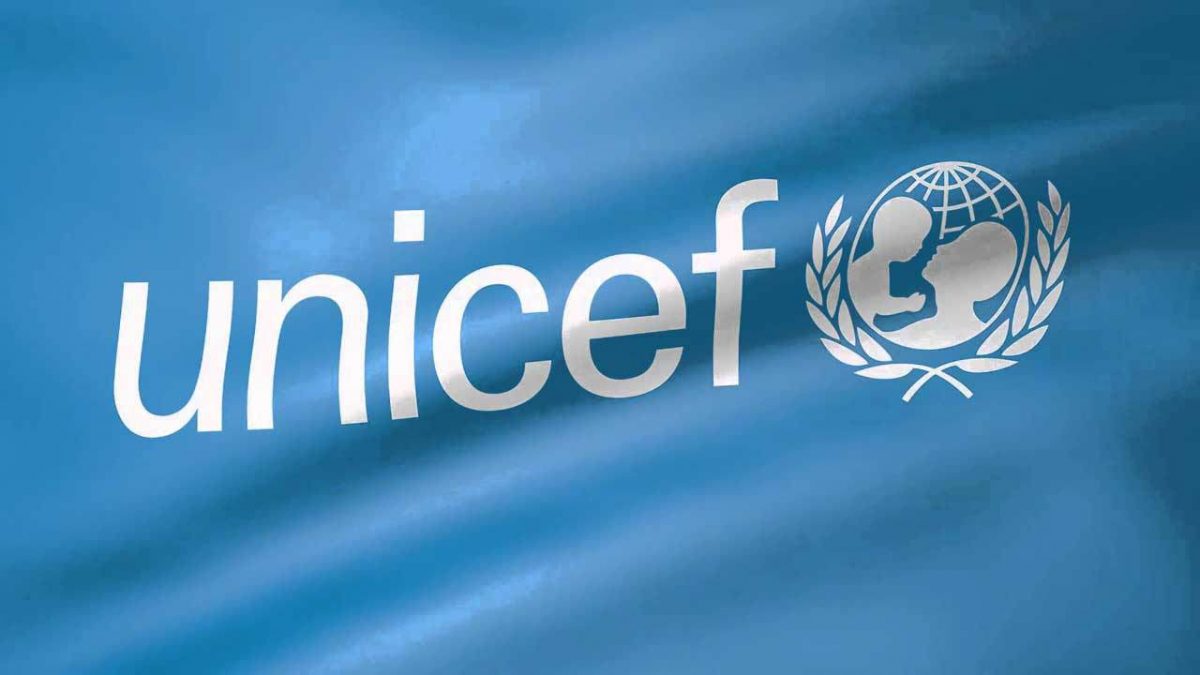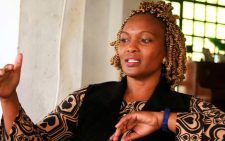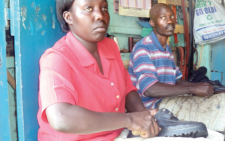Taboo: How shame silences victims of incest in Murang’a

Mary Njeri* grew up in an abusive family. Her father was a violent drunkard. Her mother was unable to put up with him and eventually ran away, leaving Njeri, then aged 10, and her siblings behind.
Being left under the watch of her father marked the beginning of her miserable life. The man who ought to be taking care of her started abusing her sexually.
And to make sure she does not tell anyone about it, he threatened her with death. The pain, torture and the trauma became too much to bear and after a couple of years, she ran away.
Unreported cases
After sometime, Njeri got married and had a daughter, but her marriage was also turbulent. She thought she would weather it until she realised her husband was sexually abusing their four-year-old daughter. Unable to bear the pain, she ran away with her daughter, but the man traced her and forcibly took the girl.
“He came armed with a panga and demanded that I give him our daughter or he would kill me,” Njeri reveals, saying she had no choice but give back the child.
Njeri adds that efforts to get her daughter back have been futile. Not only has the man refused to hand over the child, he knows that Njeri cannot disclose what he was doing to the little girl for fear of being ridiculed and made a laughing stock in the society.
Just like Njeri, Nancy Wanja*, 10, was also a victim of sexual assault by her father. She was afraid of telling others about what was happening. The situation was only discovered after she bled, demanding attention from her grandmother. She had no option but to disclose the ordeal. The hospital report indicated she had suffered a miscarriage. Wanja’s father was arrested, charged and is currently serving time in prison.
These are not isolated cases of incest in Murang’a as Susan Karina the founder of Friends Of The Abused Persons International (Fotapi reveals. She says such cases are many, but go unreported, as people talk about them in hushed tones. Small children and those with disability are the most vulnerable, with both sexes targeted.
Karina adds that some parents and close relatives take advantage of the bond between them and the children to sexually abuse the minors. “Some lure their children with gifts and money,” she says, adding that she receives about two cases of incest monthly.
According to the National Crime Research Centre, unnatural sexual acts, under which incest falls, in Murang’a county is at 2.2 per cent against a national average of 1.2 per cent.
Goat’s intestines
However, since it is considered taboo, most cases are swept under the carpet, with family avoiding being laughing stock of the community. “Mostly, the family uses elders to perform a ritual to cleanse those involved and that matter is closed,” Karina adds. Girls who become pregnant are forced to terminate the pregnancy to conceal evidence.
In Kikuyu, sexual relations between relatives of any degree of kinship is prohibited, even between those brought together by marriage ties. In the past, if such an incident happened, the guilty person has to undergo a ritual called kuhurwo na tatha (beating using goats intestines), which purged what could have been a curse. The type of punishment would also depend on the age of the guilty.
Under the Sexual Offences Act, any person who commits incest is liable to imprisonment of not less than 10 years, and if the incident involves a child (under 18), the accuser is liable to life imprisonment.
Karina blames poor parenting, exposure to social media, and too much freedom for the children, lifestyle and urbanisation for increased cases of incest. “What was a great taboo years ago is now becoming a norm behind the curtains. The society does not want to talk about it and the Church too has gone silent,” she concludes.
Counselling psychologist Manuel Mwangi says most adults who sexually abuse children were, during their own childhoods, abused sexually, physically or emotionally, andneglected physically or emotionally. In reaction to those experiences of abuse, neglect, betrayal and powerlessness, they may have attempted to find feelings of power and control over others including sexual power over children.
He reveals that some people who sexually abuse children have high social status such as athletes, musicians, bosses, prominent members of the community. They become so confused and intoxicated by constant admiration or praise that they begin to think the rules are different for them.
“For some abusers, it’s a one-time behaviour that happens during a particularly stressful time, like the loss of a marriage or job, bankruptcy, or the death of a spouse, close friend or family member,” he notes.
He attributes sudden increase in rape cases to a lot of hidden violence in families and people who grow up watching violence at home or the community become callous to other people’s rights or feelings. “pery *Names have been changed to protect identities of victims







